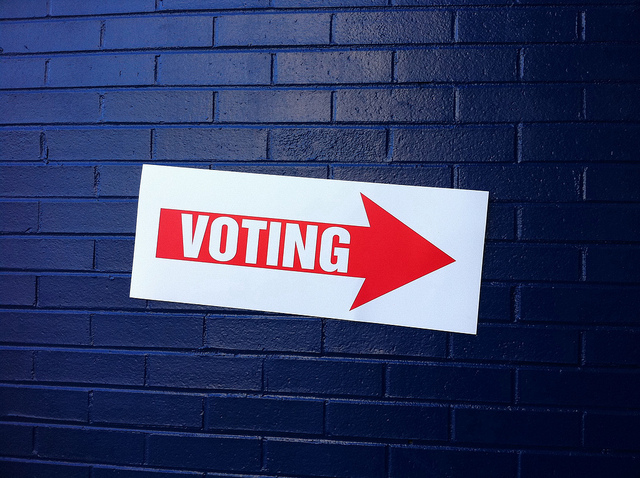Title Page
Texas Quietly Informs Counties That Some of the 95,000 Voters Flagged for Citizenship Review Don't Belong on the List. Texas Tribune.
Introduction
Study Looks At How To Make Houston's Intersections Safer for Pedestrians and Cyclists. Houston Public Media.
“We need to re-address our design standards and start thinking at a policy level,” she said. “We have to think about the support that we’re providing for people and not blame people for incidents that are happening to them.”
Executive Summary
Community investment is big business. The flow of federal dollars meant to spur and support community development, particularly in areas that need the influx of funds, can represent significant sums, creating, as the Urban Institute describes it in a new analysis "clear winners and losers."
Looking at federal funds directed toward housing, small business, impact finance and other community development between 2011 and 2015 in counties with at least 50,000 residents, the researchers found an uneven distribution and a mismatch between need and resources.
"We found that large counties received disproportionately more funding than small counties, and that the level of distress a county experiences does not directly relate to the level of funding," the researchers noted.
That last bit is particularly noteworthy. "Counties in the top (worst) quintile for poverty and unemployment generally received less funding per low-income person (someone living below 200 percent of the federal poverty level) and less funding per small business employee than other counties," according to the analysis. "The only exception was in impact finance, where counties in the top quintile for poverty received somewhat more funding than others."
Conclusion
Metro's long-range A+ plan is currently making the community meeting rounds and Tory Gattis, the founding-senior fellow with the Center for Opportunity Urbanism, offered his thoughts on the plan's strengths and weaknesses, starting with its investment in local bus service improvements and bus rapid transit.
"It has some wonderful, cost-effective local and express bus improvements – including bus-rapid transit (BRT) at less than one-third the cost per mile of light rail," he wrote in a recent post, "but continues to throw mountains of good money after bad on wasteful new light rail extensions."
He highlights several issues with the plan's light rail elements, including a slow Hobby airport connection, low ridership estimates and the "significant risk of technological obsolescence as autonomous vehicles and shared-ride services like Uber, Lyft, and Google’s Waymo continue to evolve."
Particularly intriguing about his appraisal, though, is the suggestion that the transit agency takes light rail investments in a new direction, including eliminating fares:
To buck the national trend of shrinking transit ridership, METRO needs to go big and eliminate fares entirely. Metro’s revenue is mostly sales tax, with less than 9% coming from the farebox. $1.3 billion of that $2.45 billion saved from light rail could provide free fares for the next 20 years, and it would actually cost less than that because of the internal cost savings from no longer having to collect, process, and enforce fares. That also makes boarding and trips faster. Free fares and faster trips means more riders and less traffic congestion – a win whether you ride transit or not.
Endnotes
Today @leslieherod and I passed Ban the Box out of Committee and for the 1st time ever in CO, it had Bipartisan support. Thanks to everyone that testified and supported the bill and huge props Rep Herod who worked tirelessly on this issue. #coleg https://t.co/zZrDsrwihz
— Rep. Jovan Melton (@JovanMelton) January 30, 2019

